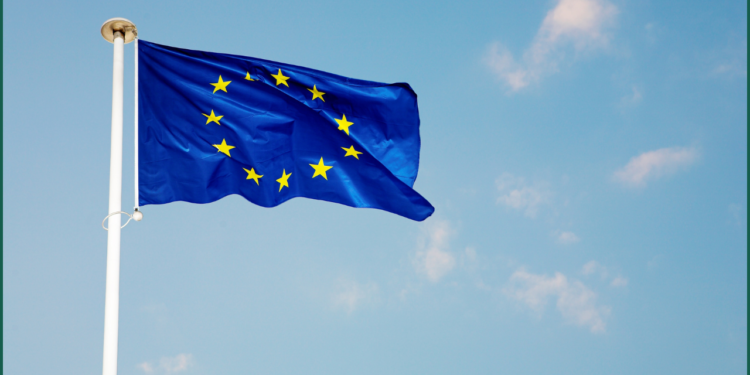Luxembourg, April 14, 2025 – The European Union has unveiled a robust €1.6 billion ($1.8 billion) aid package to bolster the Palestinian Authority (PA) and foster stability in the West Bank and Gaza through 2027. Announced on Monday, just before a meeting between Palestinian Prime Minister Mohammed Mustafa and EU foreign ministers, the pledge underscores the EU’s ongoing role as the largest international donor to the Palestinian people.
EU foreign policy chief Kaja Kallas emphasized the initiative’s goals on X, stating, “We are stepping up our support to the Palestinian people. €1.6 billion until 2027 will help stabilise the West Bank and Gaza.” The aid comes at a critical time as Israel resumes military operations in Gaza following a two-month ceasefire, amplifying the need for economic and governance support in the region.
The package is strategically designed to strengthen the PA’s capacity to serve Palestinians in the West Bank while preparing it to resume governance in Gaza when conditions permit. Of the total funds, €620 million will be allocated as grants to the PA, tied to reforms promoting fiscal responsibility, democratic governance, private sector growth, and improved public infrastructure. These reforms aim to create a sustainable framework for long-term development.
Additionally, €576 million in grants will fuel economic recovery projects across Gaza, the West Bank, and East Jerusalem, targeting job creation and community resilience. The European Investment Bank, the EU’s lending arm, will provide €400 million in loans to further support these efforts, ensuring a balanced approach to immediate relief and future growth.
This new commitment builds on the EU’s previous €1.36 billion support plan from 2021 to 2024, reflecting a deepened resolve to address the region’s challenges. The EU’s focus on linking aid to reforms signals a proactive stance to empower Palestinian institutions while addressing urgent humanitarian needs amid ongoing conflict.
As the situation in Gaza remains volatile, the EU’s financial backing aims to lay the groundwork for stability and eventual reconstruction. By investing in governance, infrastructure, and economic recovery, the bloc hopes to pave the way for a stronger, self-reliant Palestinian Authority capable of meeting its people’s needs in a complex and evolving landscape.
The international community will be watching closely as the EU’s ambitious plan unfolds, with hopes it can deliver tangible progress for Palestinians.

















































